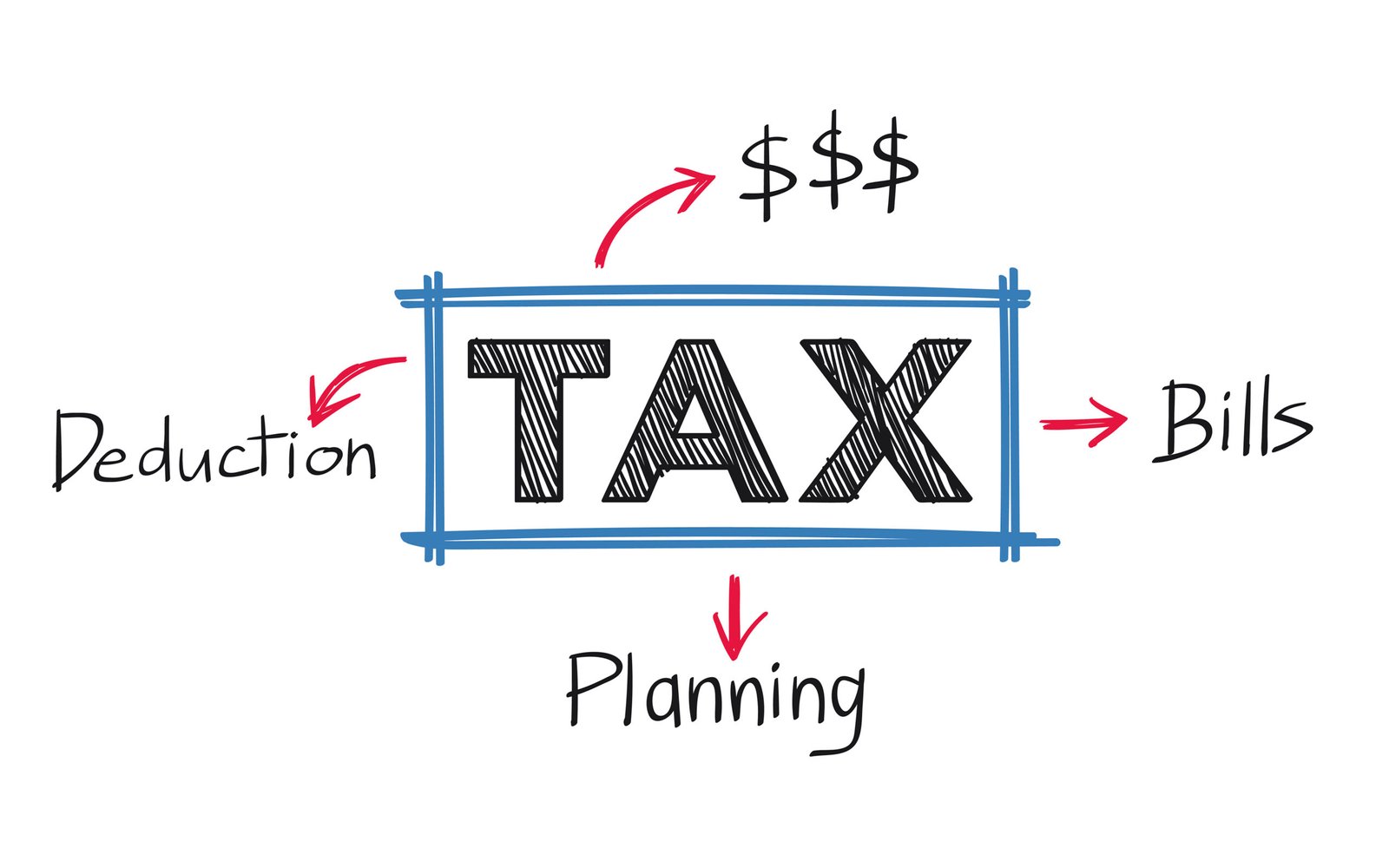
UAE Corporate Tax: Causes and Types of Double Taxation
Many UAE-based businesses expanding overseas continue to discover that their profits are being taxed twice, once in the UAE and again abroad. This happens even when the income belongs to the same company. It creates confusion, eats into profits, and affects financial planning.
The UAE Corporate Tax (CT) regime recognises this challenge. It provides specific rules to identify the causes of double taxation and outlines relief methods to prevent businesses from paying tax twice on the same income.
Learn how you can avoid double taxation from professional corporate tax agents in the UAE at JCA (Jitendra Chartered Accountants).
What Is Double Taxation?
Double taxation means that the same income, person, or profit is taxed by two different countries. This can happen when both the country where income is earned and the country where the taxpayer is resident claim the right to tax it.
In simple terms, it is a clash between two tax systems; each claiming that income falls under its tax jurisdiction.
Causes of Double Taxation
- Source–Source Conflict
This happens when both countries consider income to have its source in their territory.
For example, a business can operate in two regions, and both claim that its revenue was generated within their borders.
Residence–Residence Conflict
A residence conflict arises when a person or company meets the residency test in two different countries. Since most tax systems tax residents on their worldwide income, being treated as a resident in both states can lead to double taxation on the same income.
For instance, if a company is registered in one country but managed from another, both may claim it as a tax resident and tax its profits.
Source–Residence Conflict
This is the most common cause of double taxation.
A UAE company (resident in the UAE) with a permanent establishment or branch in another country may face this situation. The foreign country taxes the branch income because it was earned there (source-based taxation). At the same time, the UAE taxes the company’s worldwide income since it is a UAE resident.
Both countries now claim the right to tax the same profits; one based on residence, the other based on source.
- Conflict of Qualification
This occurs when two countries classify the same income differently.
For example, one country might treat a payment as business income, while the other calls it royalty income. Because each classification is taxed differently under tax treaties, both countries may believe they have taxing rights, resulting in double taxation.
Want to learn more about these causes? Get in touch with our qualified corporate tax agents in Dubai.
Types of Double Taxation
- Juridical Double Taxation
This type occurs when two states tax the same taxpayer on the same income.
For example, if a UAE company earns income in another country and both countries tax that same income under their laws, that’s juridical double taxation.
The UAE Corporate Tax law provides mechanisms to reduce or eliminate this through foreign tax credits or exemption elections.
- Economic Double Taxation
Here, the same income is taxed in the hands of two different people.
An example is when a company pays corporate tax on its profits, and then shareholders pay tax again on dividends received from those profits.
While tax treaties often focus on juridical double taxation, economic double taxation can still affect investment and cross-border profit flows.
Learn about these types more deeply with the help of our corporate tax agents in Dubai.
How the UAE Provides Relief
To ensure fair taxation, the UAE Corporate Tax Law offers two main relief methods: exemption and foreign tax credit (FTC).
- Relief by Exemption
Under this approach, the UAE does not tax income that has already been taxed abroad.
For instance, if a UAE company owns 100% of another company abroad and receives dividends that were already taxed in the foreign country, those dividends are exempt in the UAE. As a result, no double taxation occurs.
This exemption is not automatic. The company must make a formal election under Article 24 of the Corporate Tax Law and meet the qualifying conditions.
- Relief via Foreign Tax Credit
In cases where an exemption is not available, the UAE allows foreign tax credit relief (FTCR) under Article 47 of the Corporate Tax Law.
Here, the foreign tax paid abroad can be used to reduce the UAE Corporate Tax due on the same income.
The rules are simple:
- The credit cannot exceed the UAE Corporate Tax payable on that same income.
- Unused credits cannot be carried forward or back.
- Records must be kept for verification.
- The credit is claimed in the same tax period.
This ensures businesses do not pay more than what is required, even when both countries claim the same income. Ask for more information on how you can get these reliefs from our corporate tax agents in the UAE.
How can Jitendra Chartered Accountants help?
JCA has a separate brand called Tax Gian, which utilises the expertise of professional CT agents and consultants to assist businesses with their tax matters. We provide comprehensive tax services, including corporate tax and VAT, ranging from registration to error-free filing.


